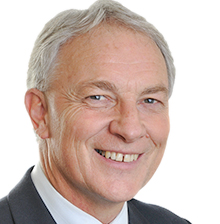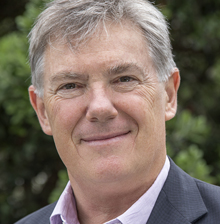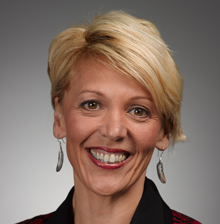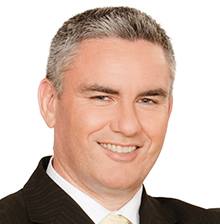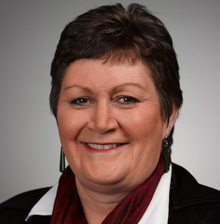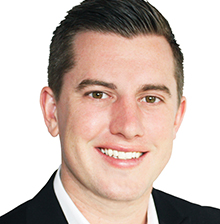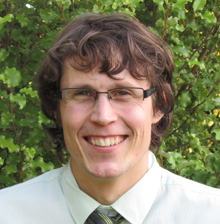Why Should I Vote For You was an interesting activity. All up I emailed 166 electoral candidates, in return I received 30 completed responses across 19 electorates. I was surprised to only receive one response from a National candidate. I was really surprised by how difficult it was to find contact email addresses for the Internet Party. Internet Mana as a whole proved to be impossible to contact.
A few people then asked me to summarise the party policies as they related to issues such as Health, Education, Climate Change, Income Inequality, Child Poverty, Jobs and the Arts.
Challenge accepted I thought.
I didn’t realise what a large call this would be. In the end I ran out of time to do everyone, but I did manage to do Labour and National based on the policy information available on their websites.
If you’re not wanting to vote for either party then I would consider it this way – a vote for the Conservatives, Act, United Future is a vote for a National led Government. A vote for the Greens is a vote for a Labour led Government. NZ First is also quite possibly a vote for Labour – but lets be real, it’s Winston he’s an unknown. Internet Mana is a left vote but Labour and the Greens have said that they will not work with them in no uncertain terms. A vote for the Maori Party is historically a vote for National but really it’s a vote for Maori – they just want to sit at the table of government, regardless of who’s in charge.
With that in mind the policies of National and Labour will highly influence what happens with the party you pick, regardless.
If it’s not obvious, whilst #whyshouldIvoteforyou was totally up to the politicians themselves. This post is all me, all my opinion. I tried to be unbiased but I will acknowledge that I do have a preference.
National’s policies are brief and exciting. But they don’t address why or how or in many cases, when. They all end with a scary warning of why you shouldn’t vote for the Greens or Labour. And when I started looking into the policies a bit deeper I noticed a few didn’t add up – supposedly they’ve upped GP funding (so why have my Doctors fees increased for the first time I can remember?).
I’ll reiterate that their policies on face value all look good (bar the social welfare reforms which make me grind my teeth) but there’s nothing to tell us what all the money they’re putting towards things means for everyday New Zealanders.
Referring back to the issues people asked me to look at specifically – no, they do not mention poverty, income inequality or climate change. They promise jobs through getting 25 -34 year olds into tertiary education, a rate my qualification survey to show young people what qualifications business owners desire and by supporting business growth. You can read the jobs plan here.
The health policies look pretty standard – more doctors, better waiting times, etc etc, there’s nothing really new there unless you have a vested interest in a specific area in which case I’d suggest having a look for it here. Education too is difficult to tell, they say they’ll keep the best teachers teaching…. but they don’t say how. You can read the education policies here.
In regards to the Arts it’s all orchestras, The Hobbit (and filmmaking), Digital content access, public broadcasting and museums. Theatre world friends, unless you can get a break into big budget film there’s not much for you in it.
My main bug bear however is the social welfare policy. Throughout all of National’s policies you see no mention of protecting vulnerable people (they have a vulnerable children act dedicated to child abuse, but it’s not about being vulnerable in other ways), there’s no prevention, no fighting off the cycle that is being poor. There is nothing bar ‘Working For Families’ that supports New Zealanders to be able to comfortably look after themselves. There’s nothing about improving the quality of living. There’s nothing about the growing cost of power and food. Many of their policies relate to ultra fast broadband (including in education, health, arts) but they don’t acknowledge if people will be able afford to access these new tools at home. For me, these are the issues which actively impact on New Zealanders on a day to day basis.
So what do they offer? They want to reduce benefit numbers by 25%. They claim they’re getting 1,600 people off welfare every week. My question is, is this actually better? If people are off welfare, has the quality of their lives actually improved? Are National putting in the work to ensure that the people they’re getting off welfare are getting into jobs that pay them a living wage? That are sustainable? If you’ve read Sarah Wilson’s blog (if you haven’t you should) then you’ll forgive me for saying that I doubt this is the case. In actual fact, I think it’s probably more a case of driving the ambulance away from the cliff and patting yourself on the back for saving ambulance money while people drop one by one. Dramatic? Yes. Totally ridiculous? No.
> </a
</a
Labour has taken a very different approach. Where National was sparse on detail, Labour presents full reports with executive summaries and everything (e.g. NZ Power Policy Doc). More content doesn’t necessarily mean better policy. But it certainly gives you the whys and hows and when.
This extra information helps frame the policy. They outline the problems and then give us the solution.
So for Jobs and Wages they’re talking about increasing the minimum wage to $15 in the first 100 days of government and then $16.25 next year, to set a target of returning the minimum wage to 2/3 of the average wage and to abolish secondary tax.
A policy I thought was particularly admirable was to ensure that all core public service workers are paid at least the living wage and to make the Crown a leader in good employment practices. The full policy is here.
Like National, Labour has a pretty standard health care plan. They want to extend free doctors visits to under 13s (National’s policy is under 6) but other than that I’ll repeat what I said before – if you’re interested in a specific area check out the policy here.
For Arts, Culture and Heritage they’re promising creative apprenticeships to support the early careers of people in the creative industries, they will reinstate the Artists in Schools programme, support screen production, interactive production, literature, and music. They will increase funding to the National library to speed up digitisation of heritage collections and further collect oral histories. Labour will support community arts, heritage and intellectual property. The policy is available here.
Key differences in Labour’s education policy include restoring funding for 100% qualified teach staff in early child hood education, lift the proportion of 6 year olds receiving reading recovery from 14% to at least 20% and to develop a parallel maths recovery (details), reduce the size of senior primary school classes to 26 and reduce secondary school classes to 23. They promise to offer to replace school donations at a cost of $50 million per year and to ensure that university students are represented on university councils with strong student associations. Labour will restore Adult and Community Education and my favourite policy of all – they’ll introduce the food in schools bill to get kids growing and cooking their own food in school. As David Shearer said in his #whyshouldIVoteforyou piece, it’s providing a skill for life. Labour’s full education policy is available here.
Unlike National, Labour actually has climate change policy. They will establish an independent climate commission, restore the ETS and seek to play a leading role in International Climate Change negotiations for binding reductions in greenhouse gases, in a comprehensive and effective treaty. Full policy.
In regards to social development, Labour wants to break cycles of poverty by addressing the following areas:
- higher wages, a living income, fairer taxes, reduced inequality
- training and other services to enable people to get (back) into work
- healthy, affordable housing
- access to healthcare for all, but especially for young children
- access to childcare and adequate time to spend with children
- equal educational opportunities moving from education into work
- freedom from family and sexual violence
- support for disabled people
- security of income in old age
- an active and well established community and voluntary sector working with communities, families and government
Highlights include introducing a $60/week Best Start Payment for all families during a child’s first year of life and lift abatement thresholds for all main benefits to $150/ week to provide a pathway into paid employment. You can read the full policy here.
The emphasis in this collection of policy differs vastly from National’s goal of getting 25% of people off welfare.
So who will you vote for? Today is the last day to enrol and tomorrow is voting day. Make your vote count.



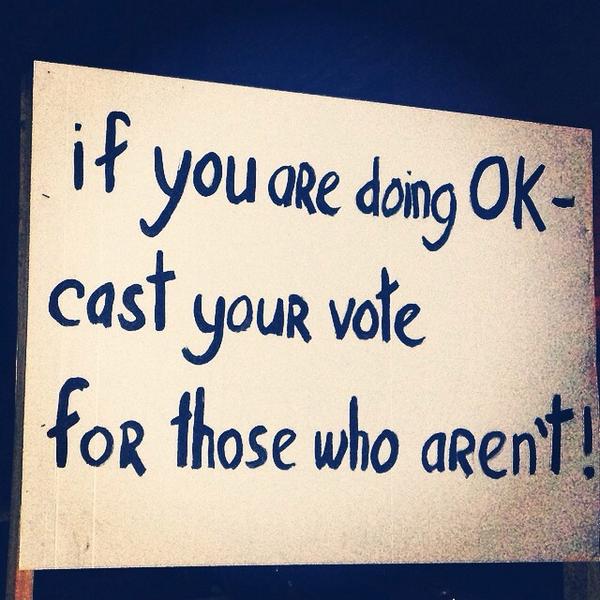

 My night started out innocuous enough; as is my custom, I sought out dinner to ensure I had the energy to sit through a whole 65 minutes of the play. I gorged on Jambalaya from Elliot Street Stables, and partook in a seriously delicious waffle from Waffle Supreme. (Side note: Seriously, you need to eat there. The guy who owns it is all kinds of lovely, and his waffles are crunchy on the outside, with doughy, fluffy innards speckled with granules of sugar and covered in delectable toppings, or, for the purists out there, a dusting of icing sugar.)
My night started out innocuous enough; as is my custom, I sought out dinner to ensure I had the energy to sit through a whole 65 minutes of the play. I gorged on Jambalaya from Elliot Street Stables, and partook in a seriously delicious waffle from Waffle Supreme. (Side note: Seriously, you need to eat there. The guy who owns it is all kinds of lovely, and his waffles are crunchy on the outside, with doughy, fluffy innards speckled with granules of sugar and covered in delectable toppings, or, for the purists out there, a dusting of icing sugar.)

